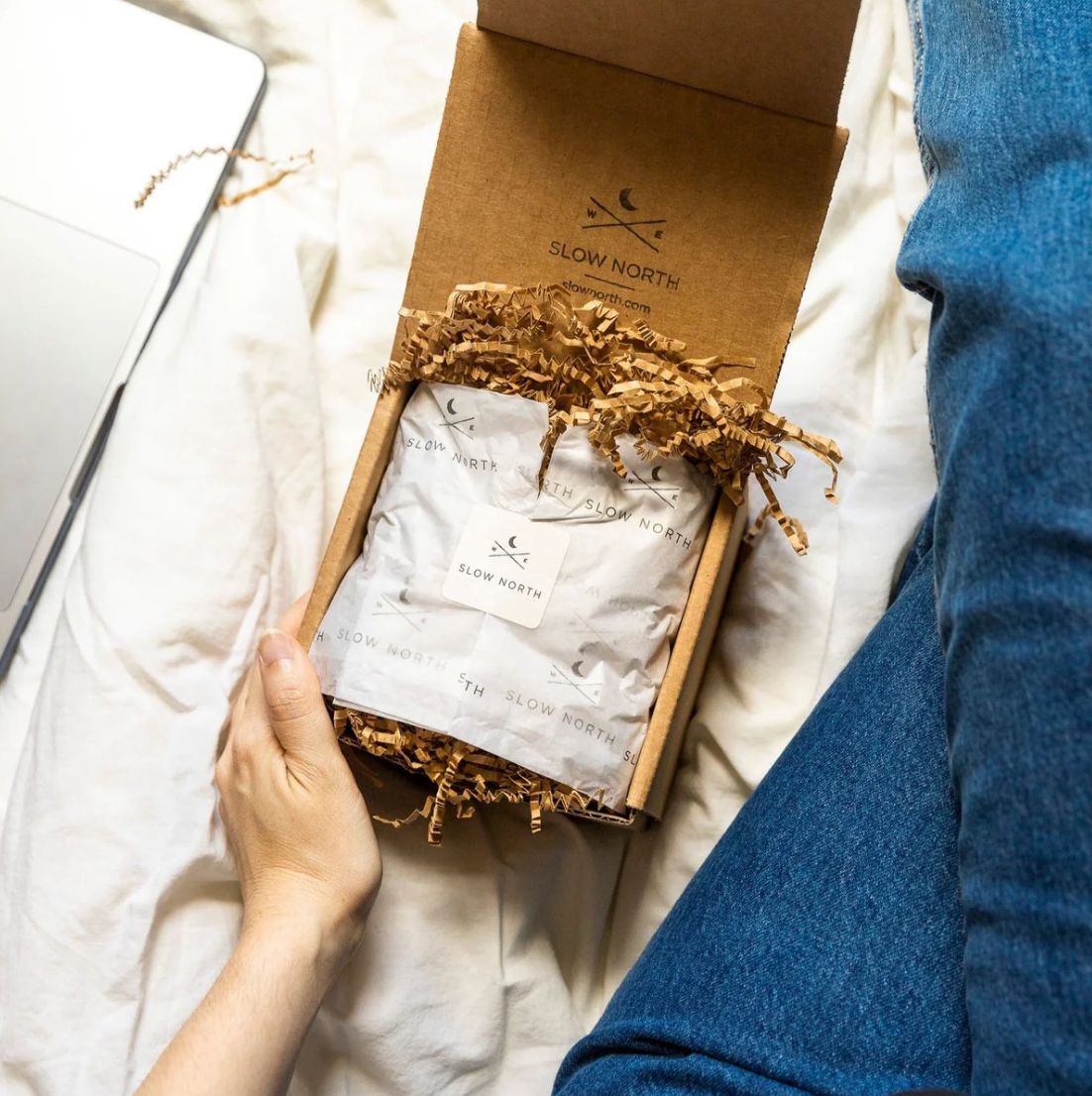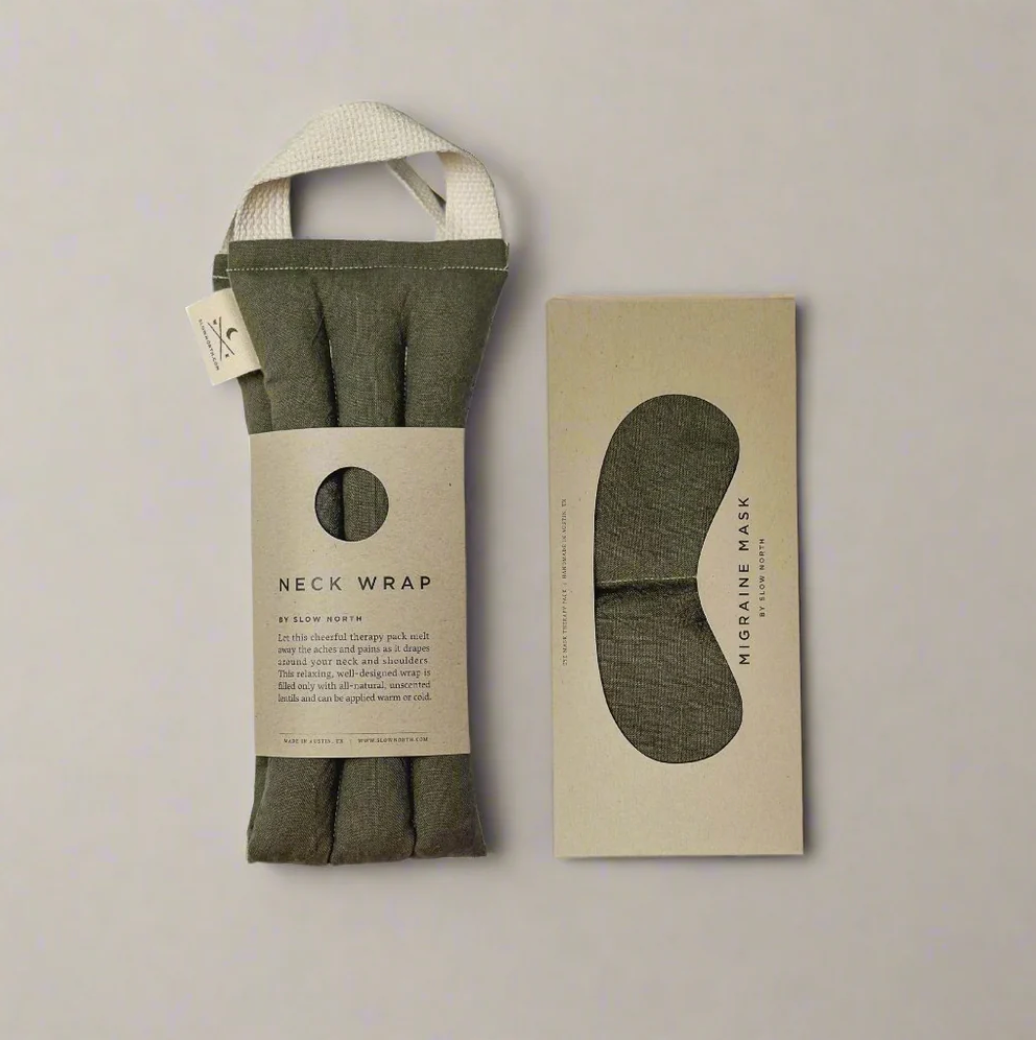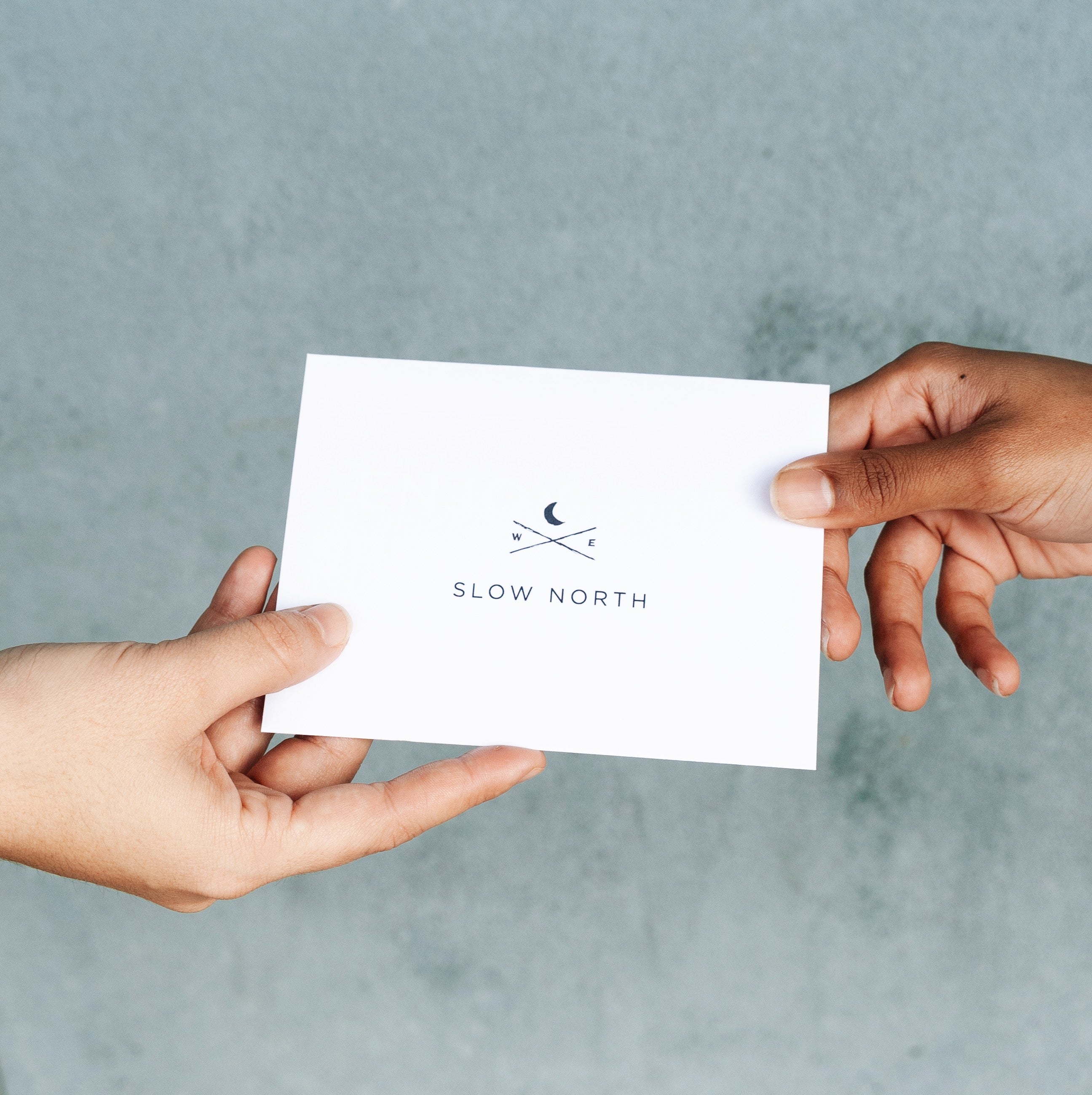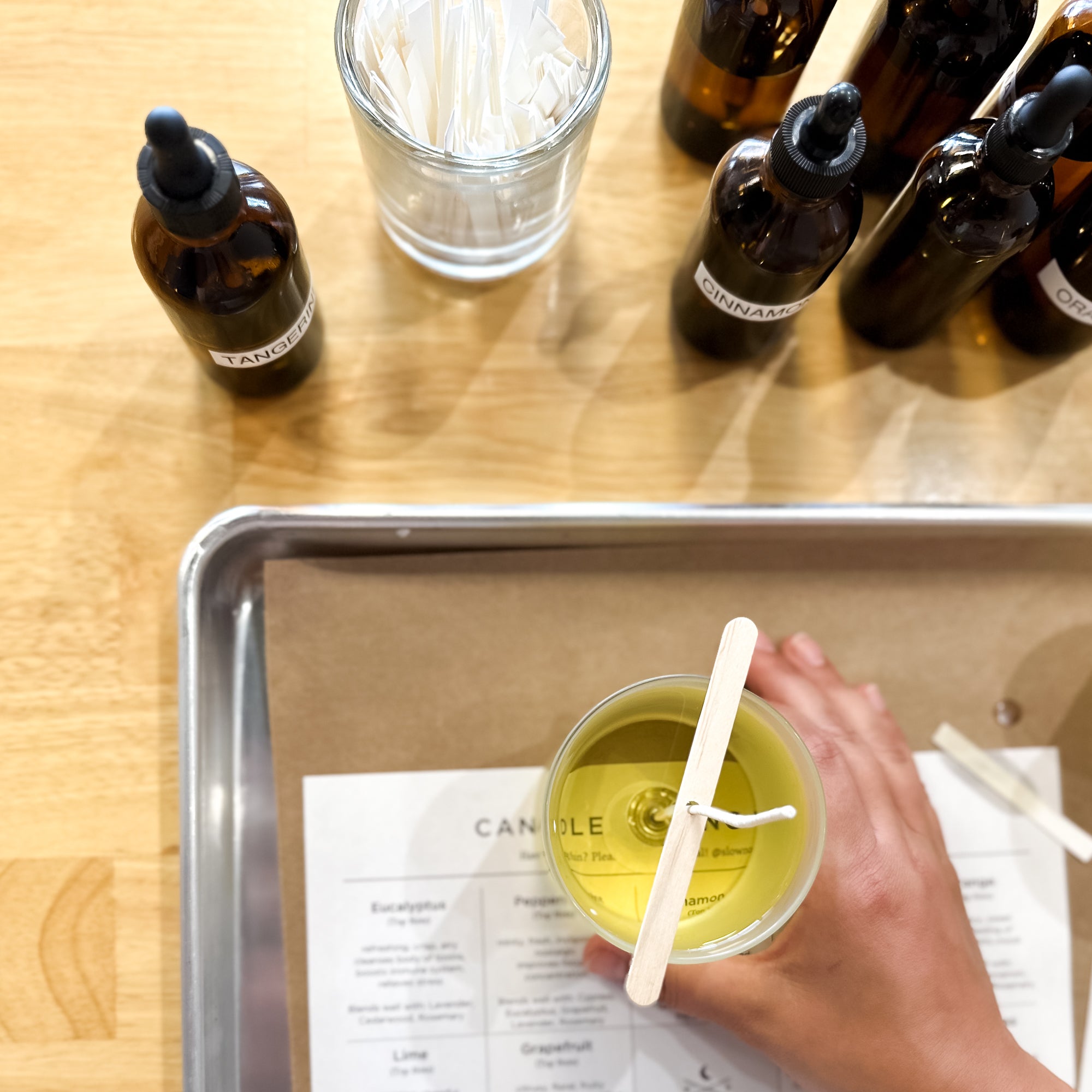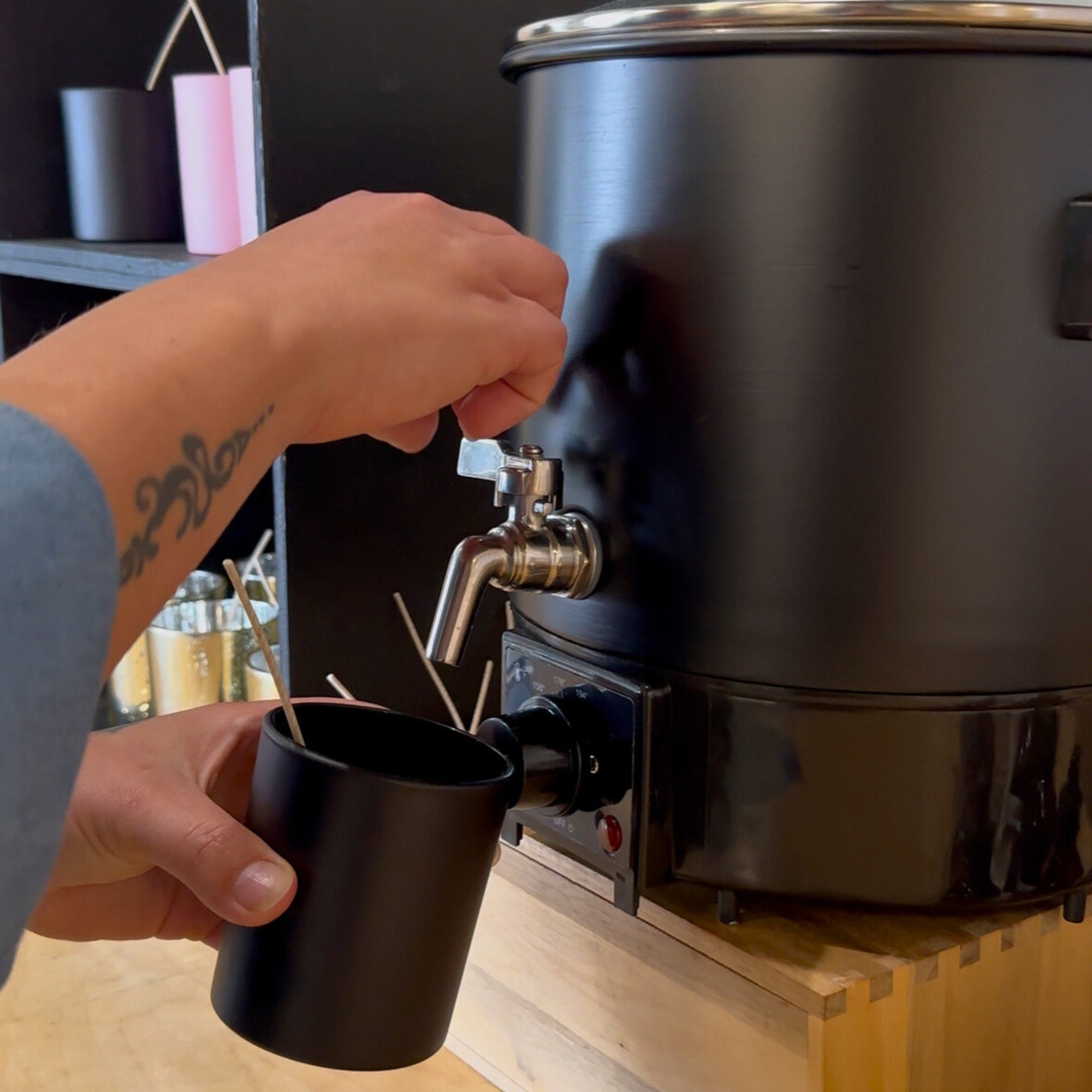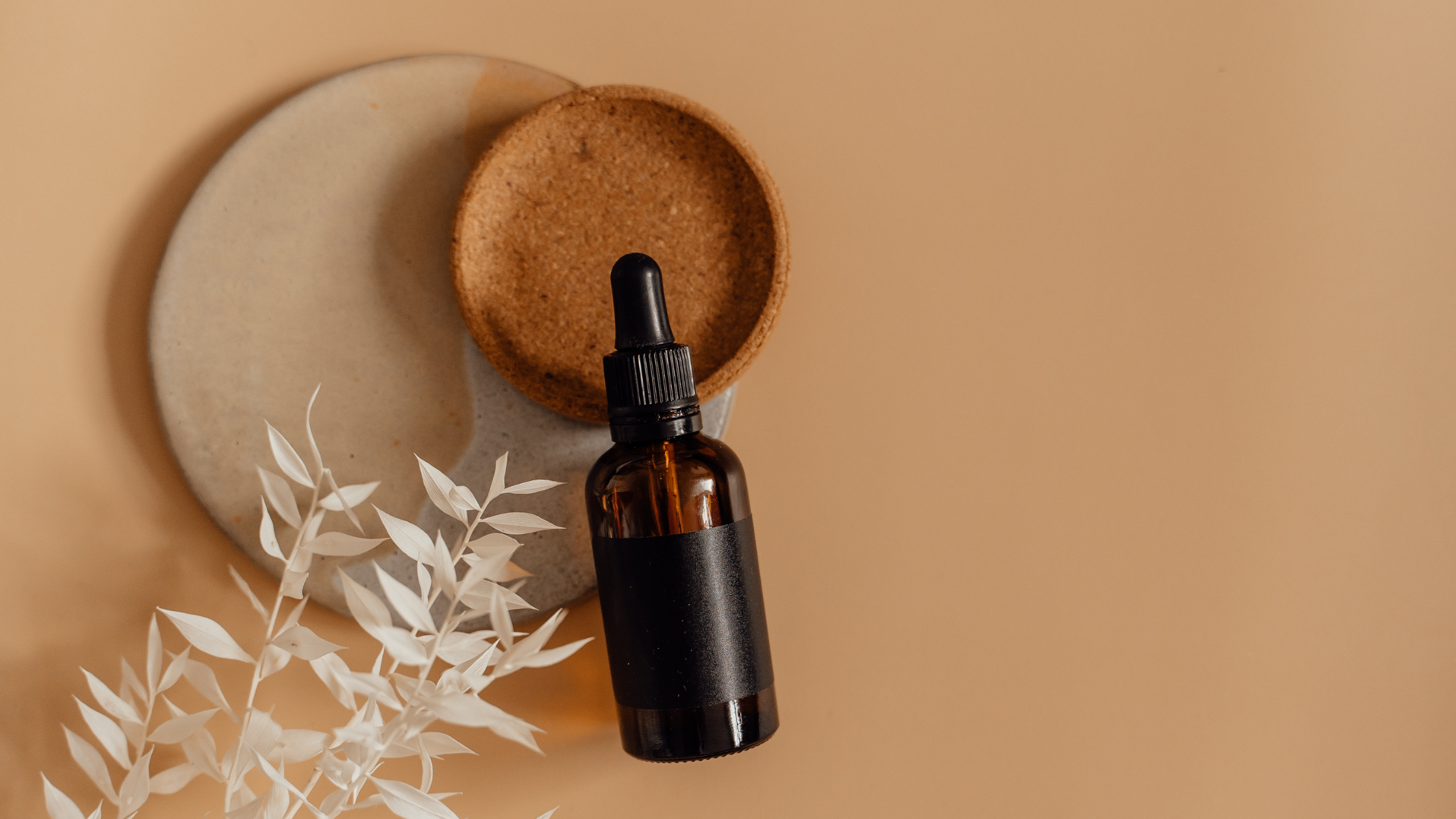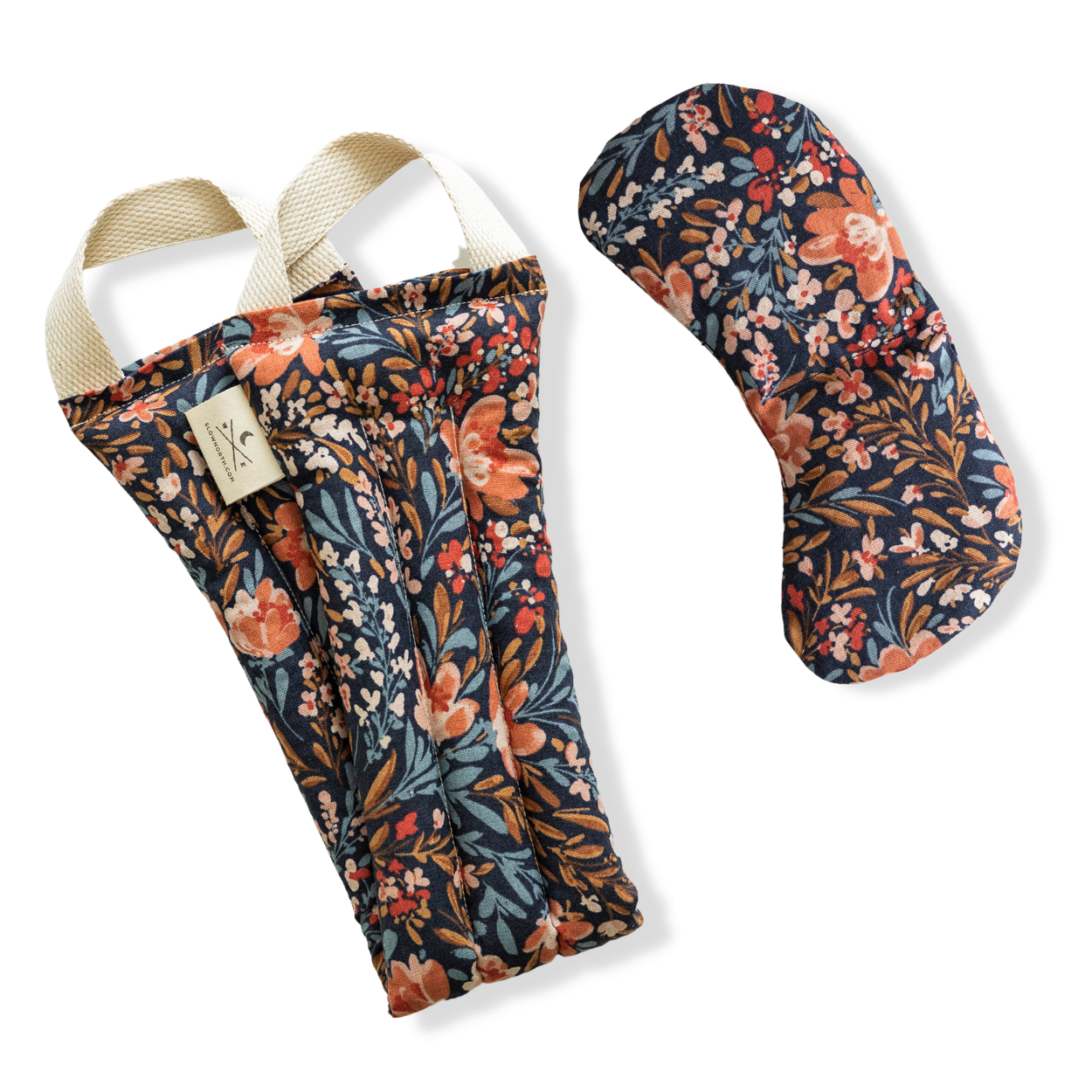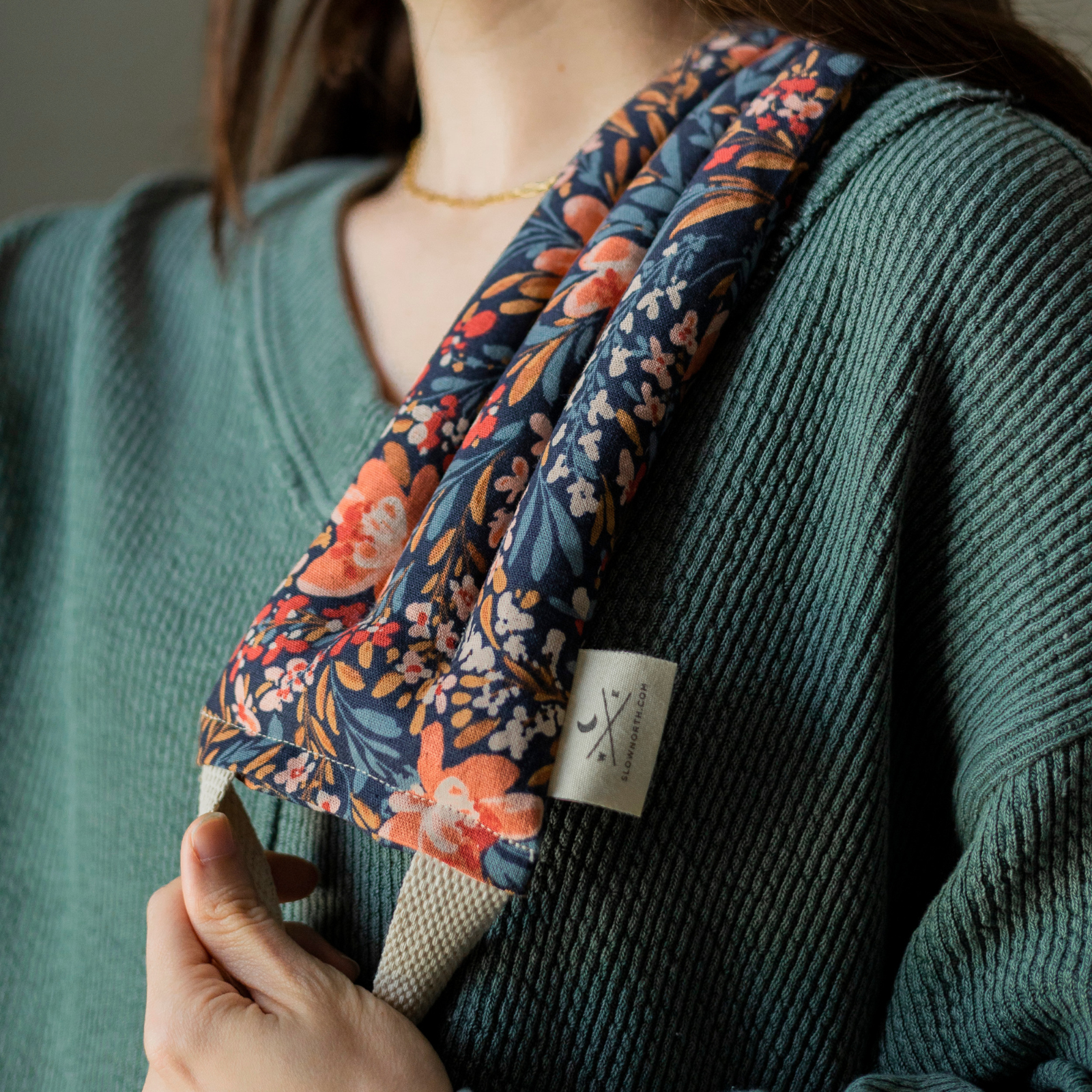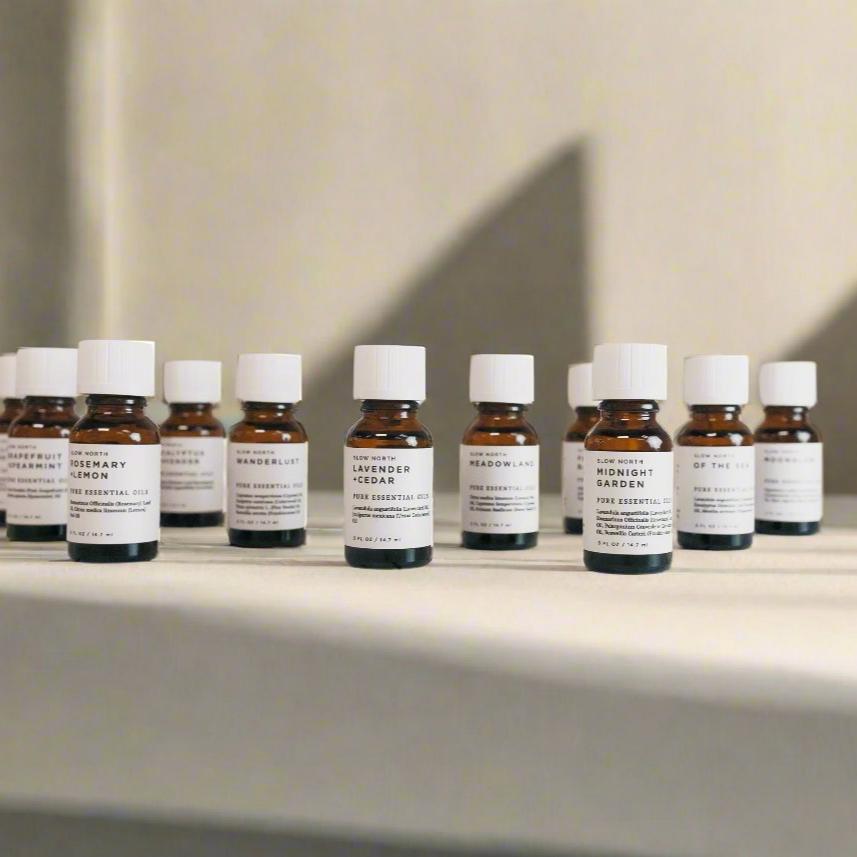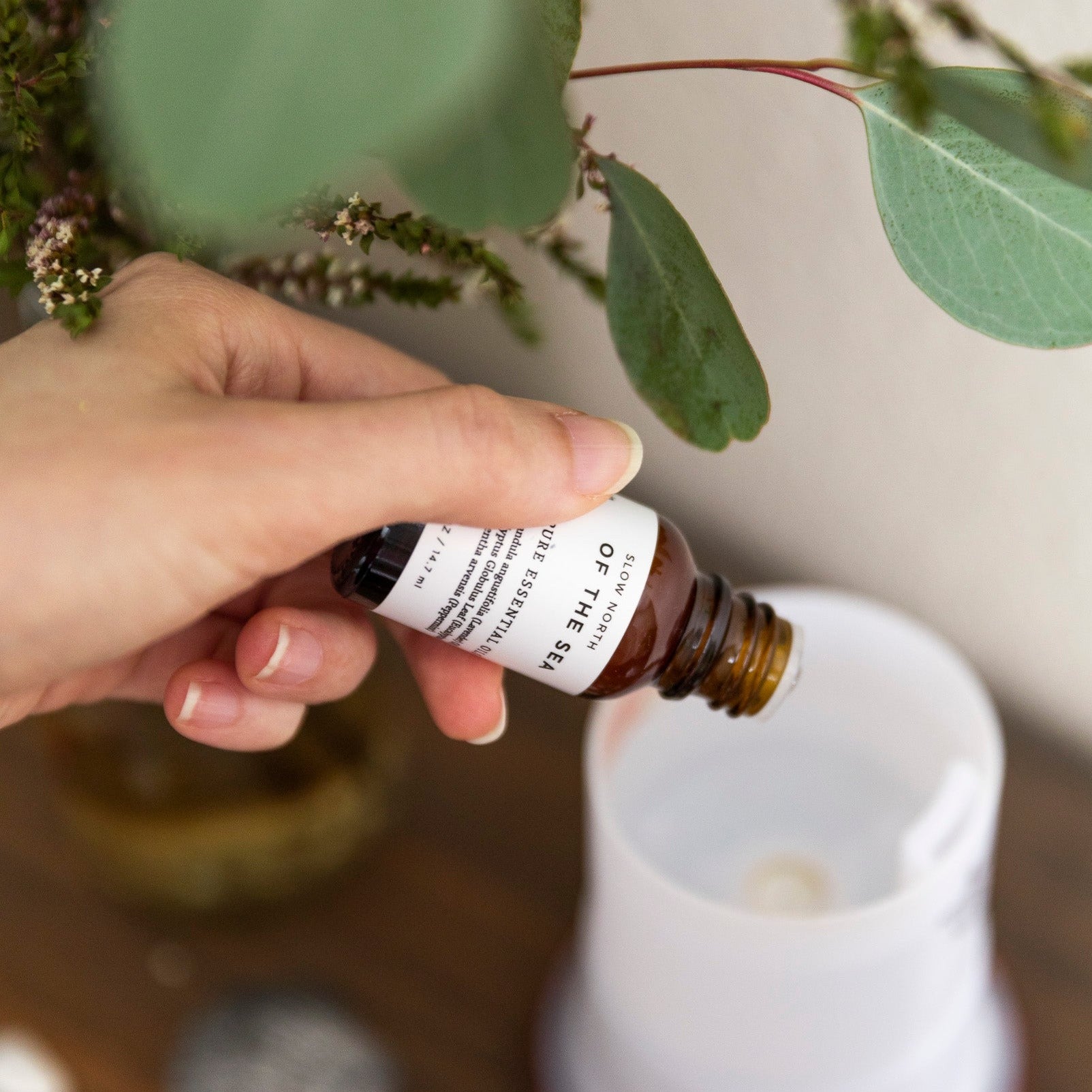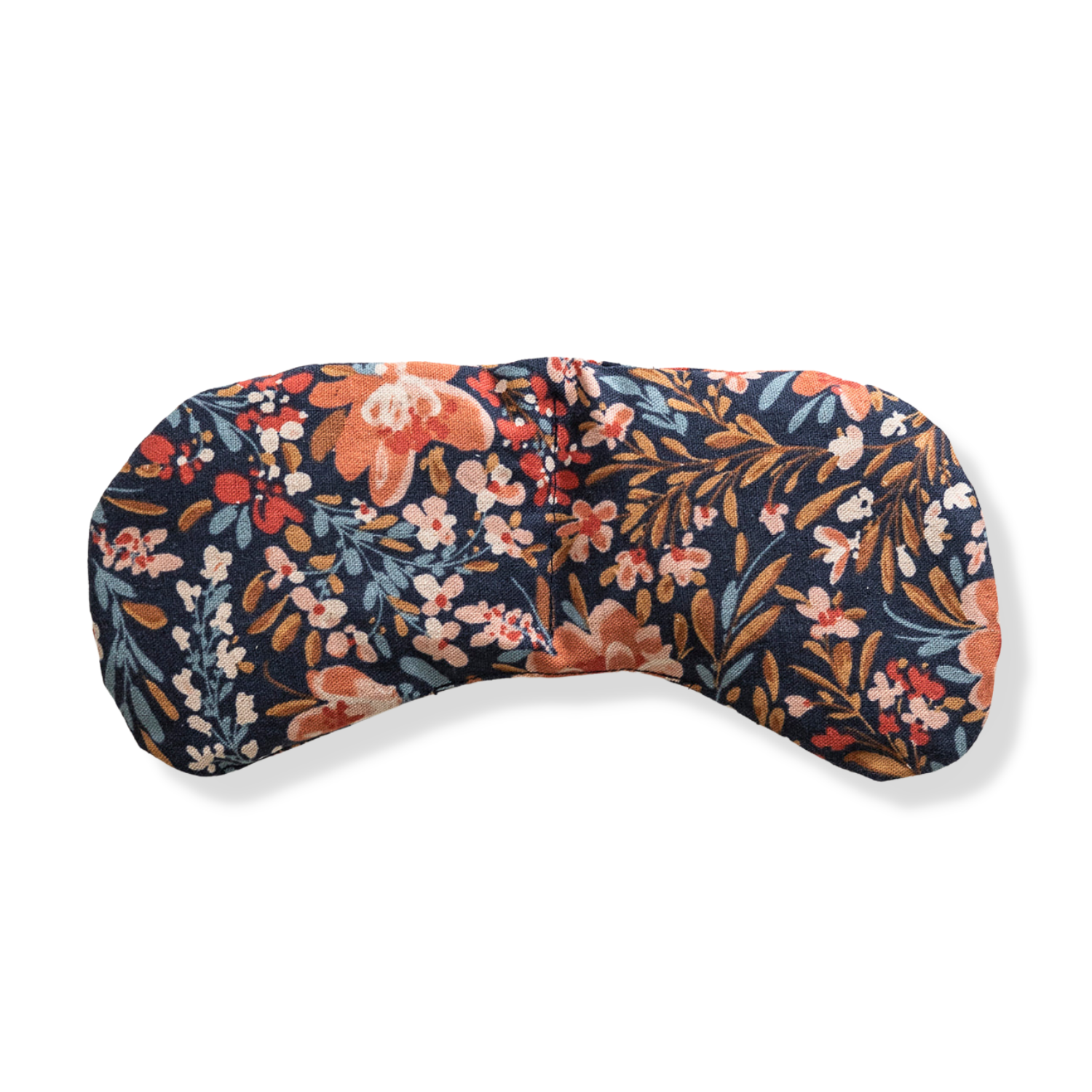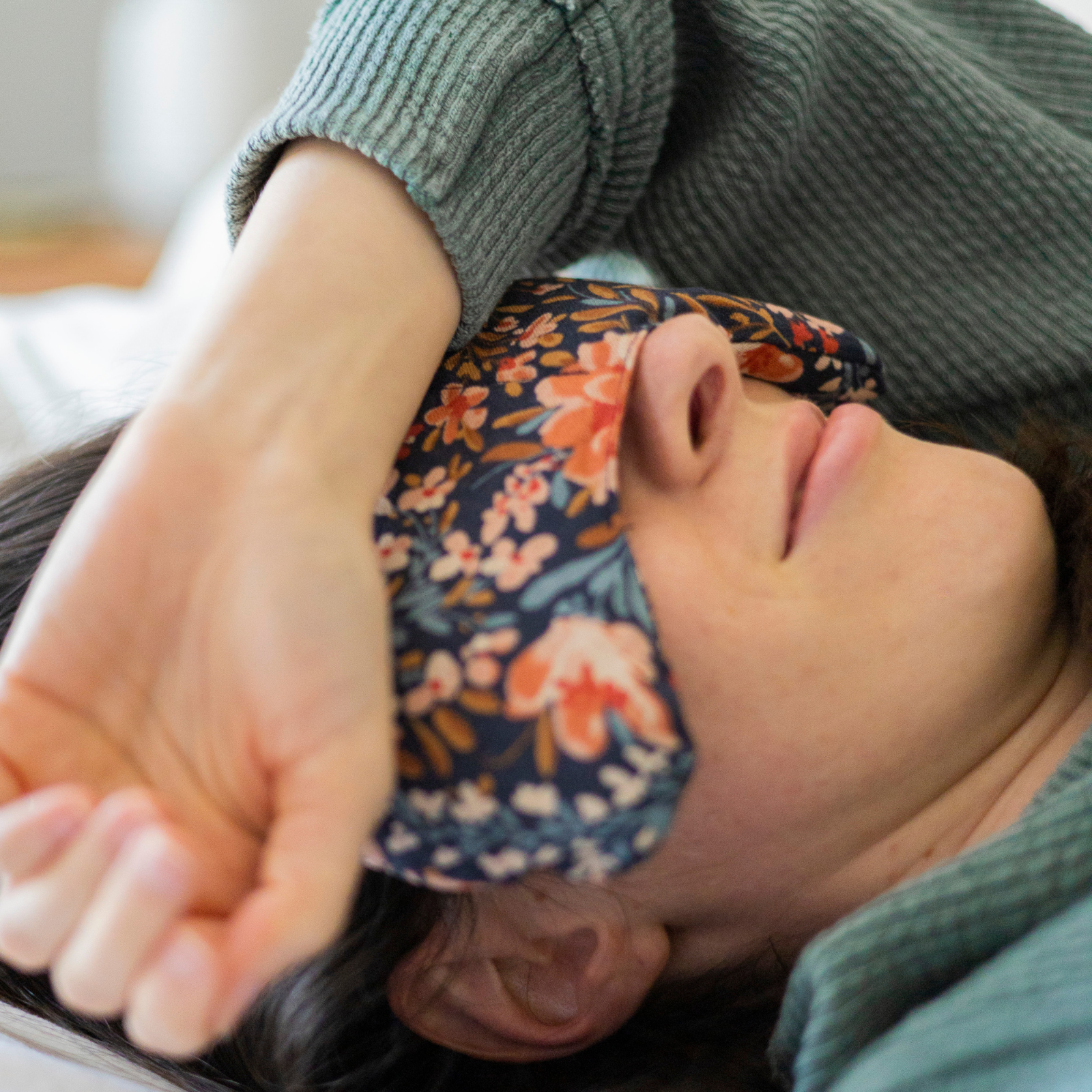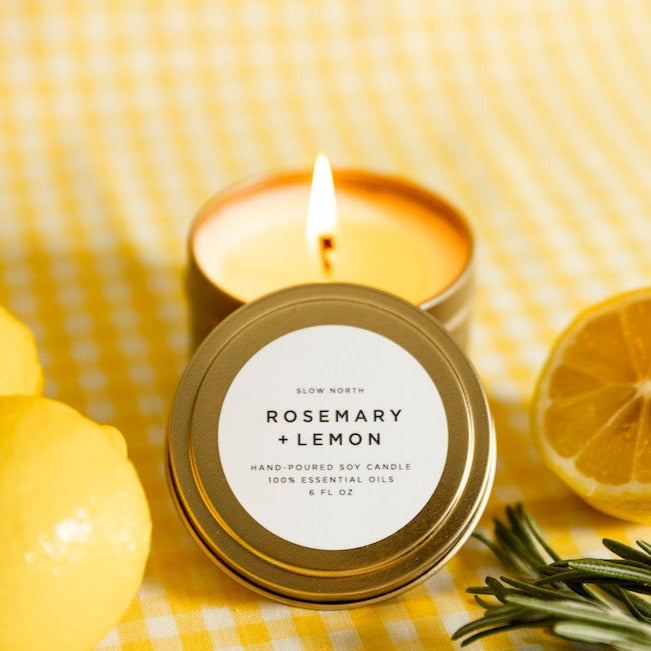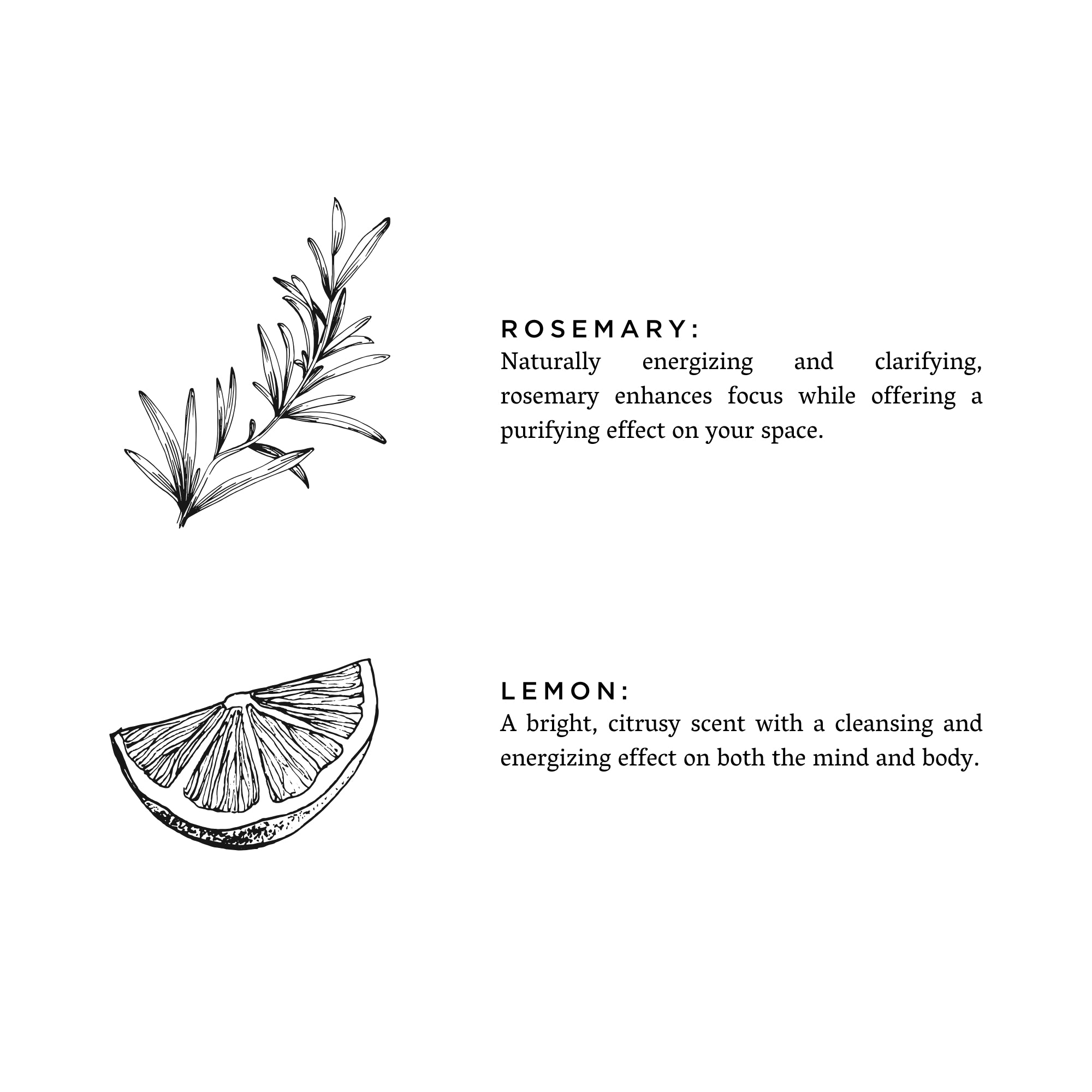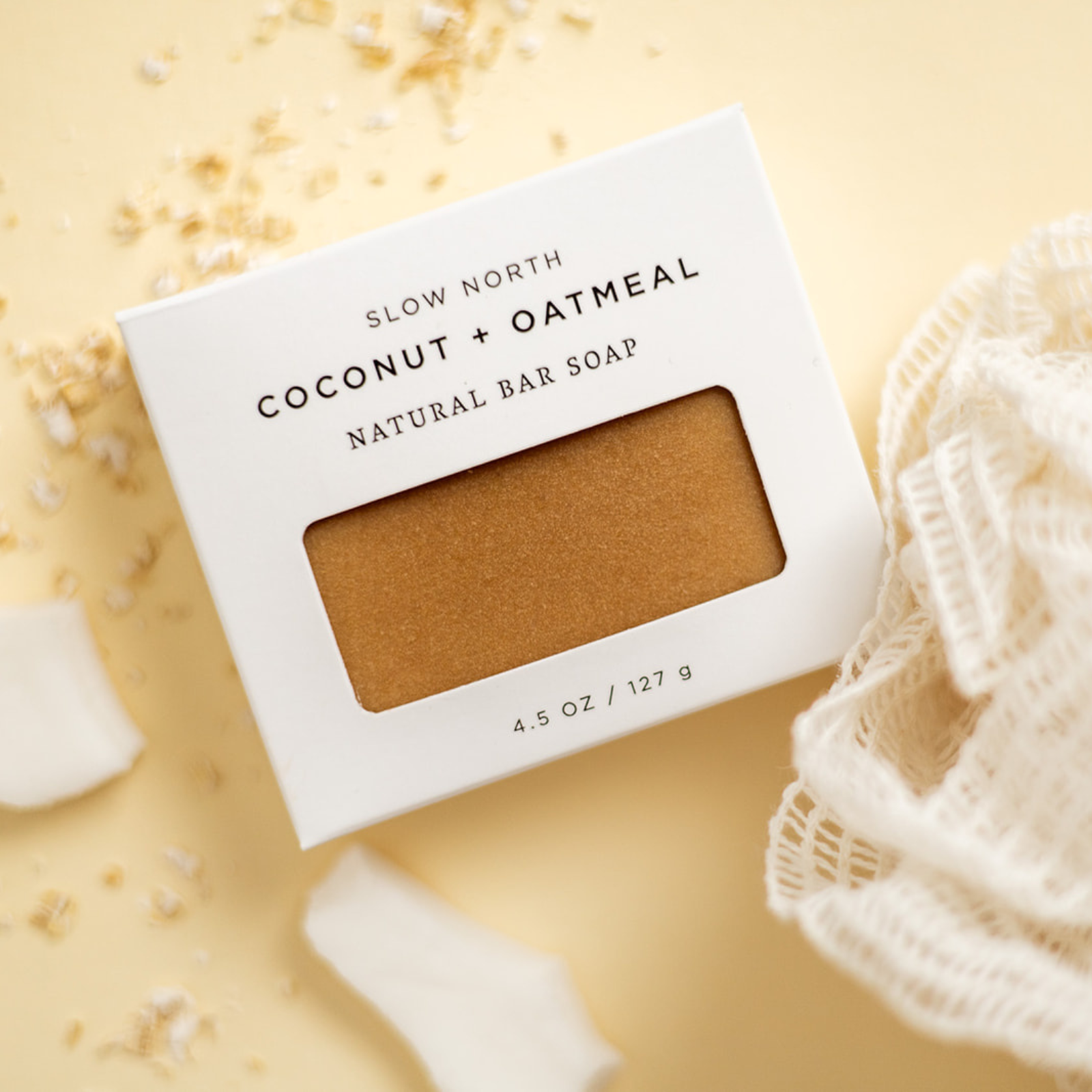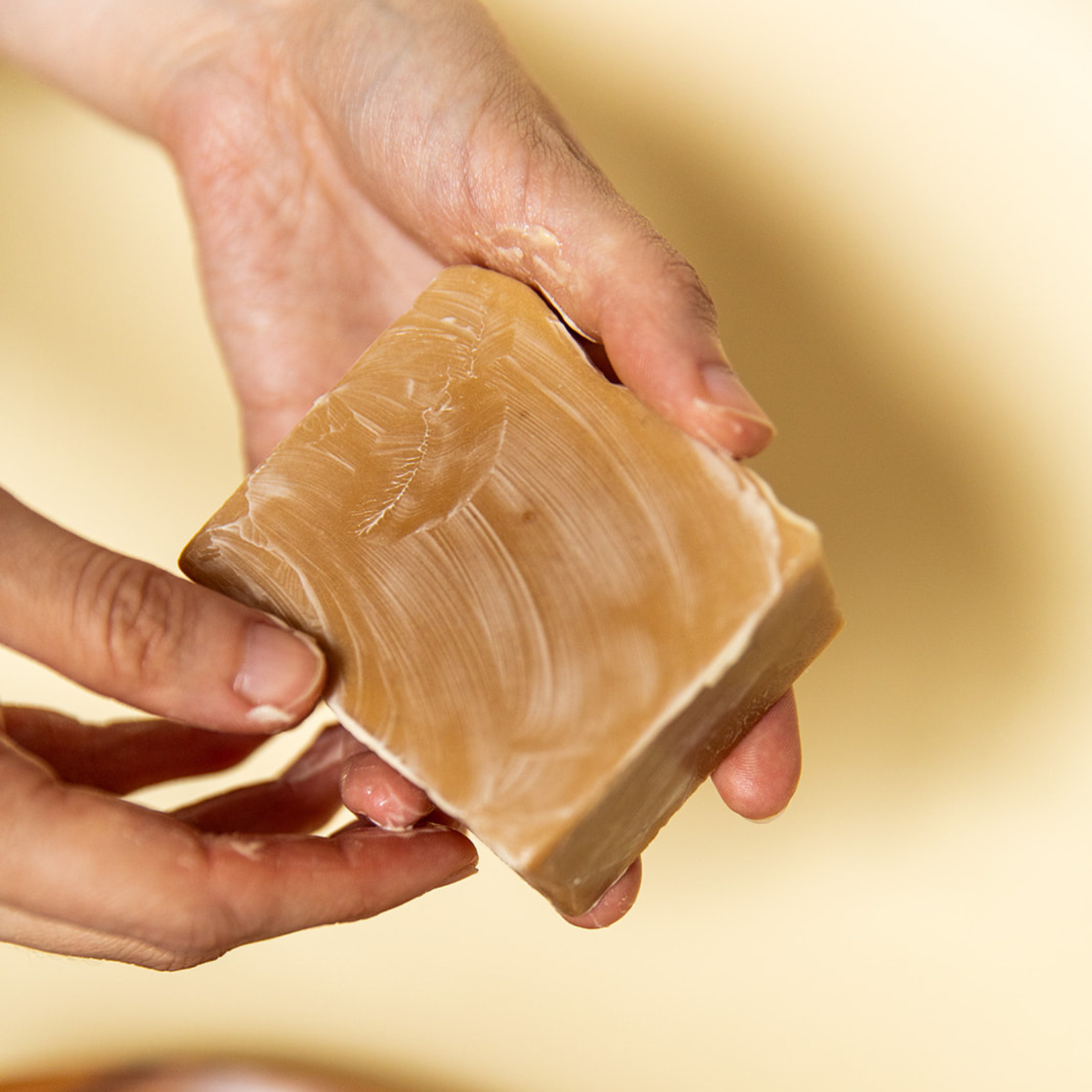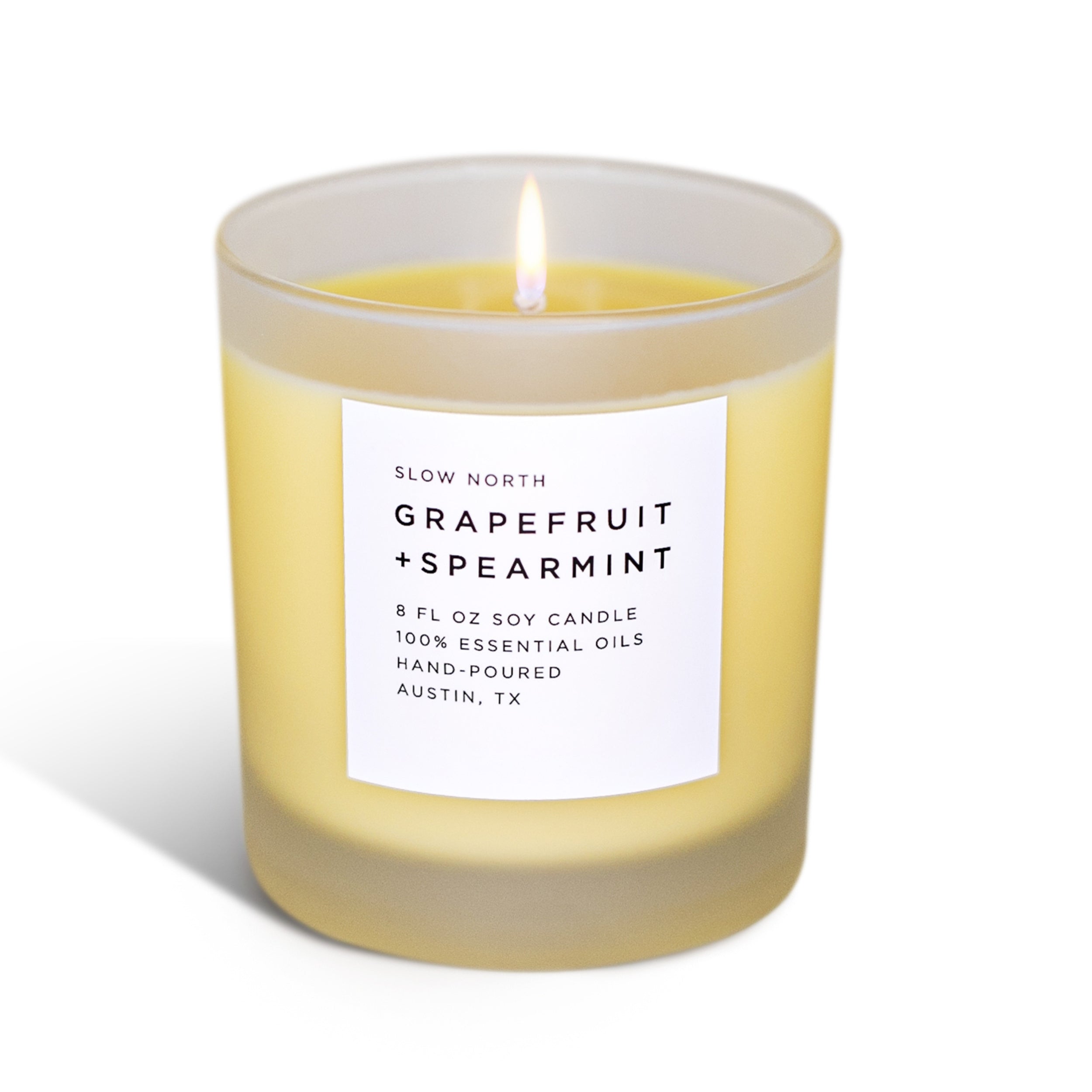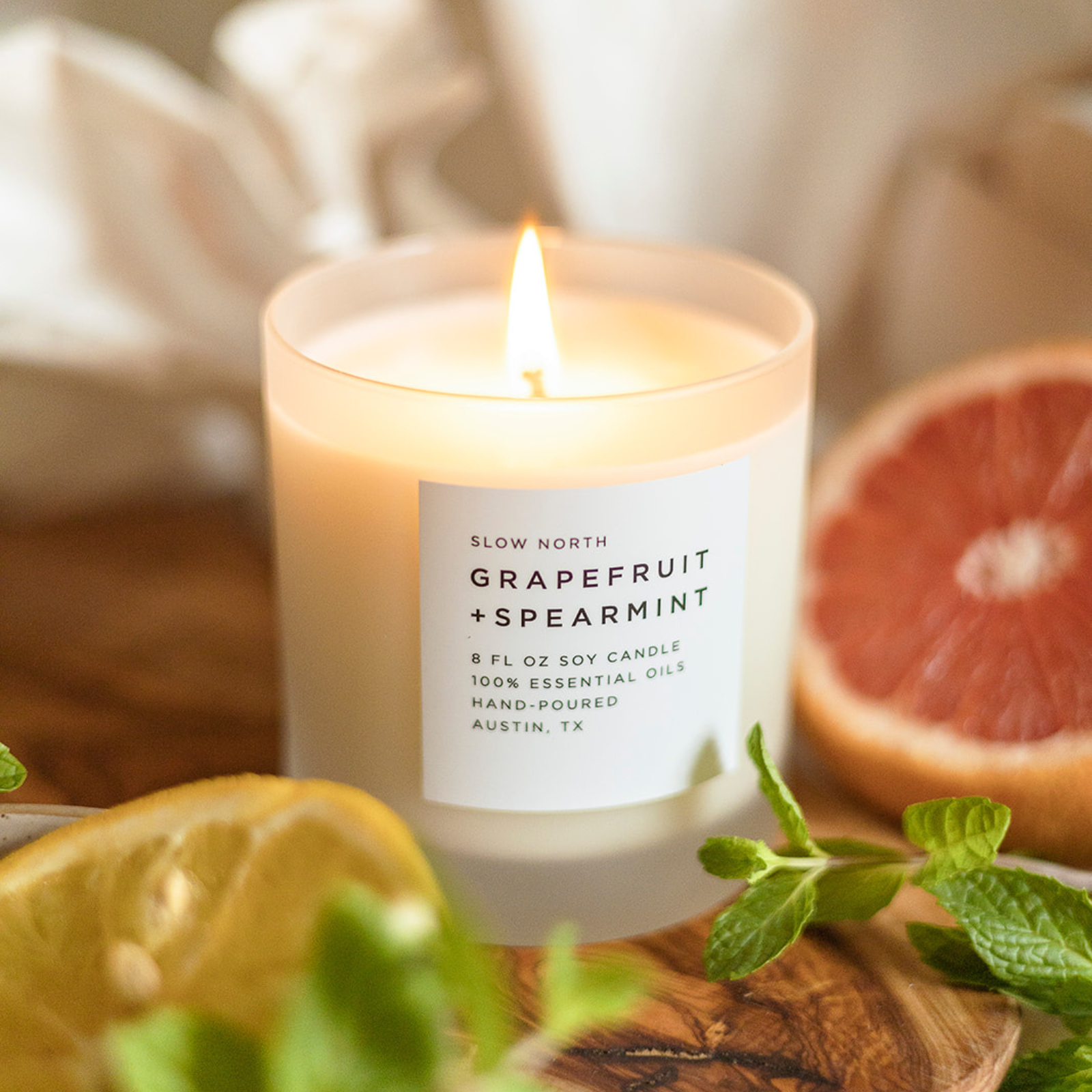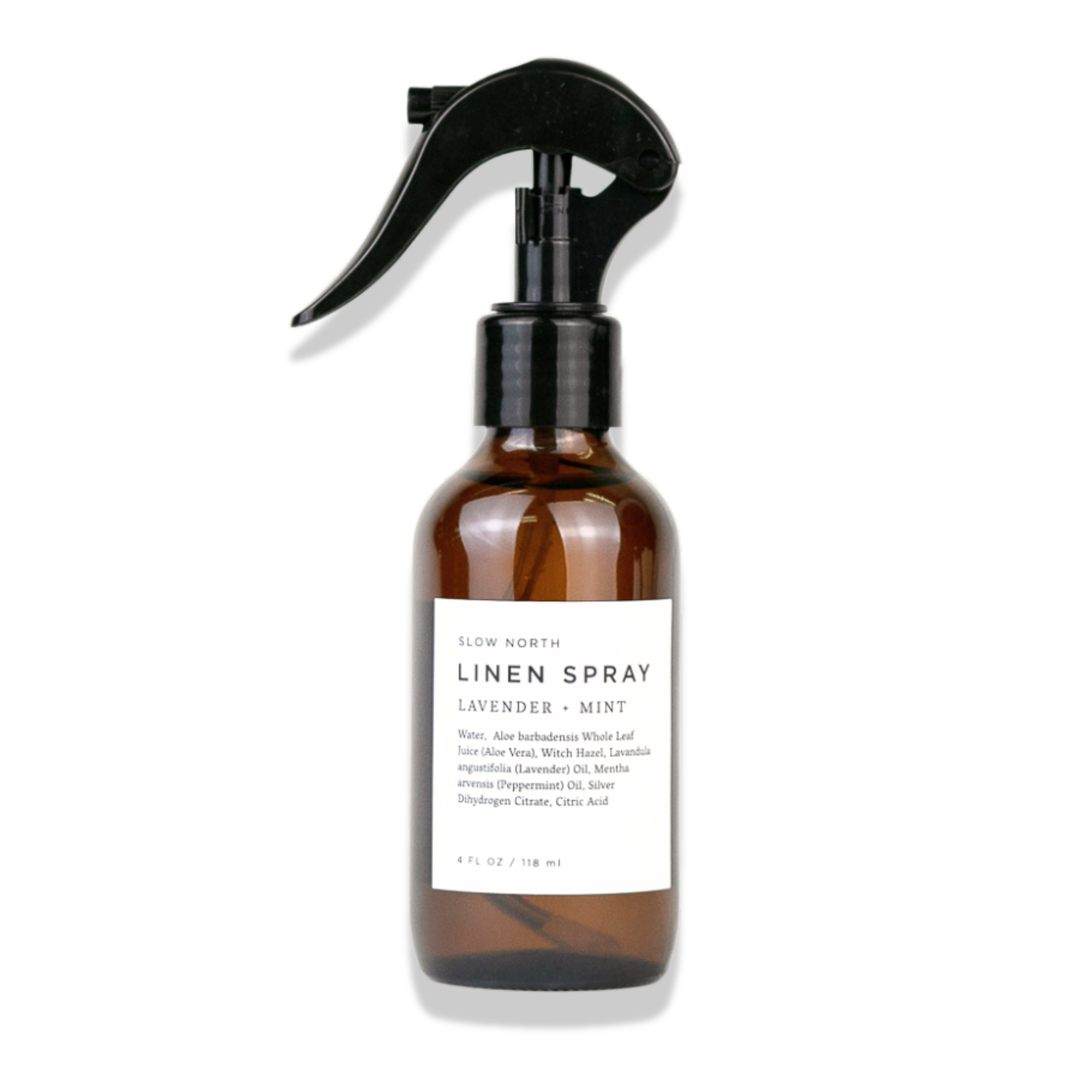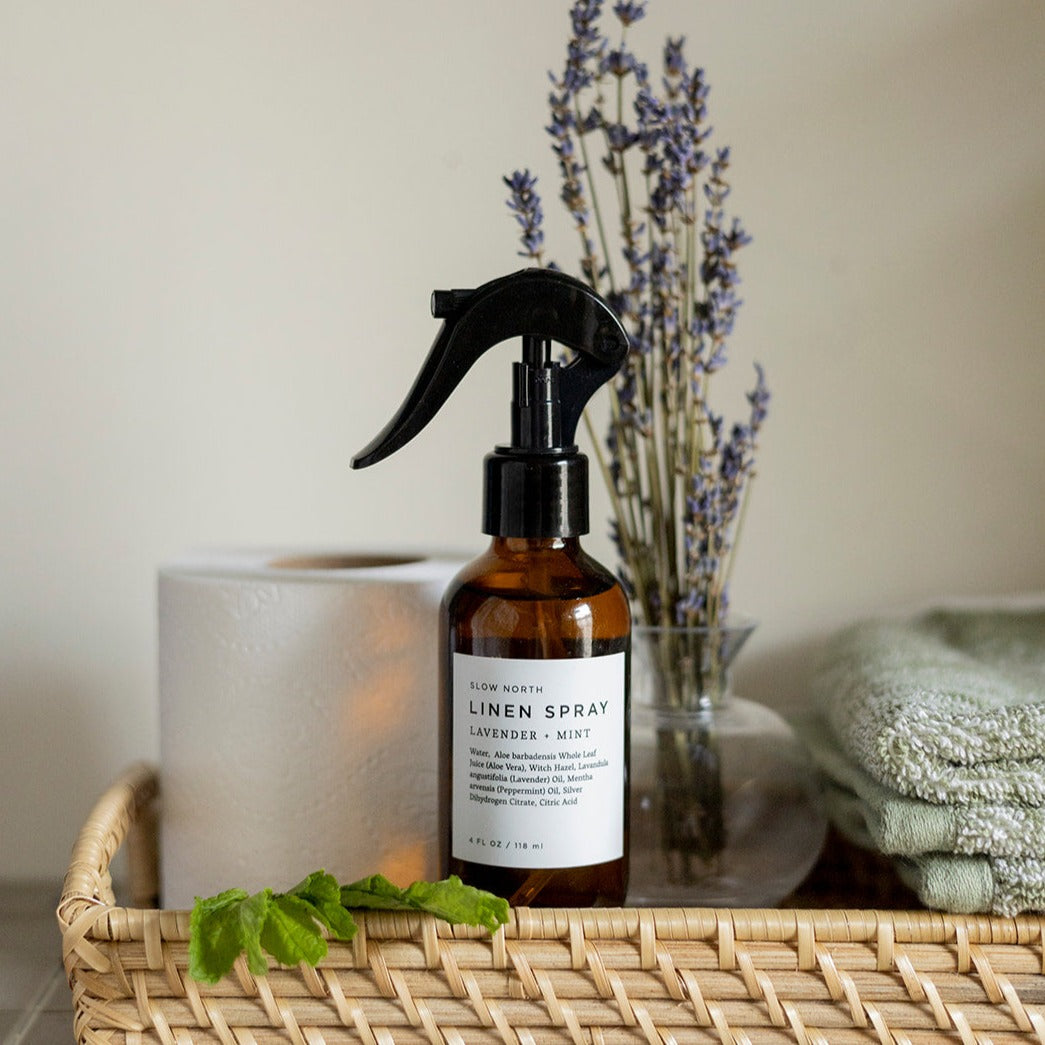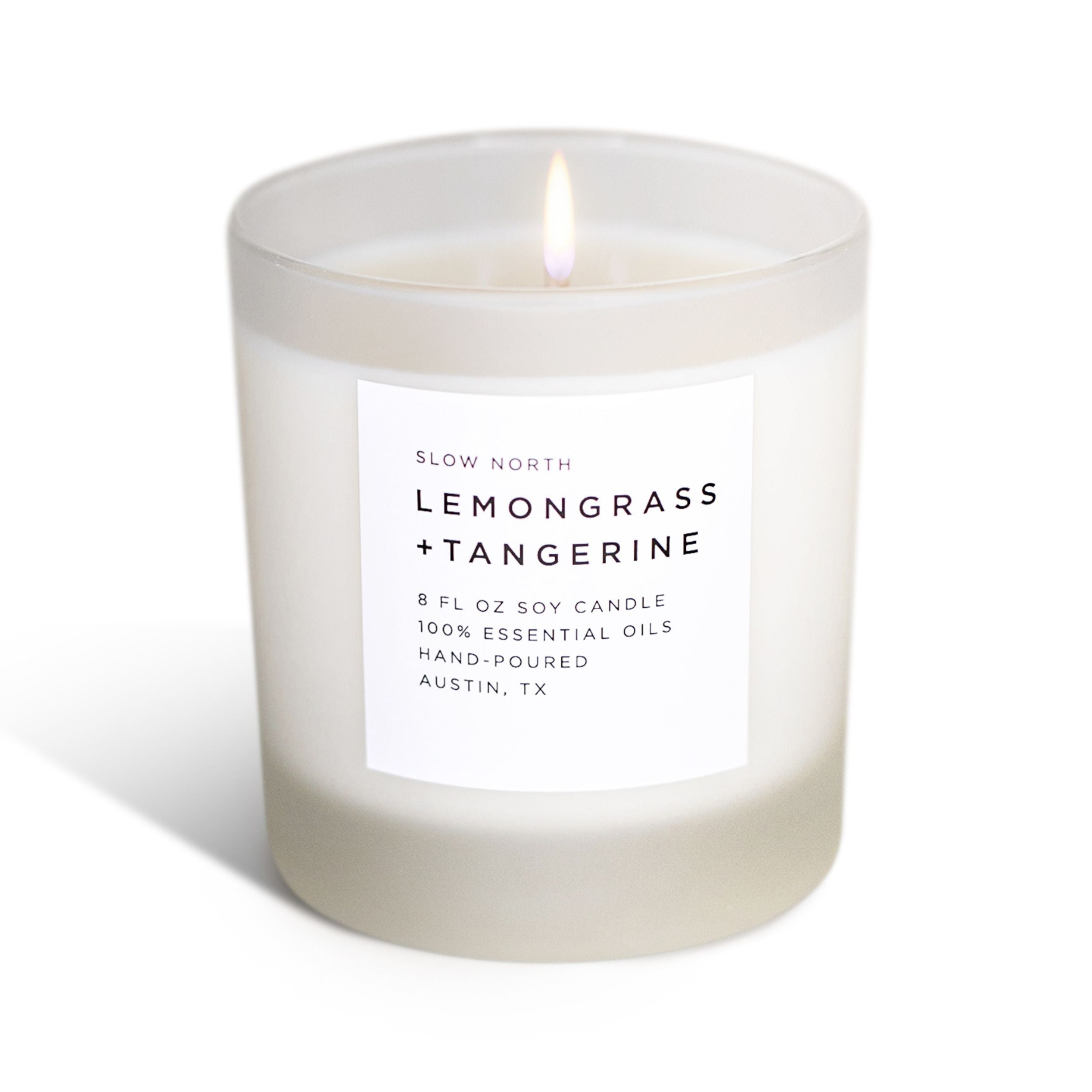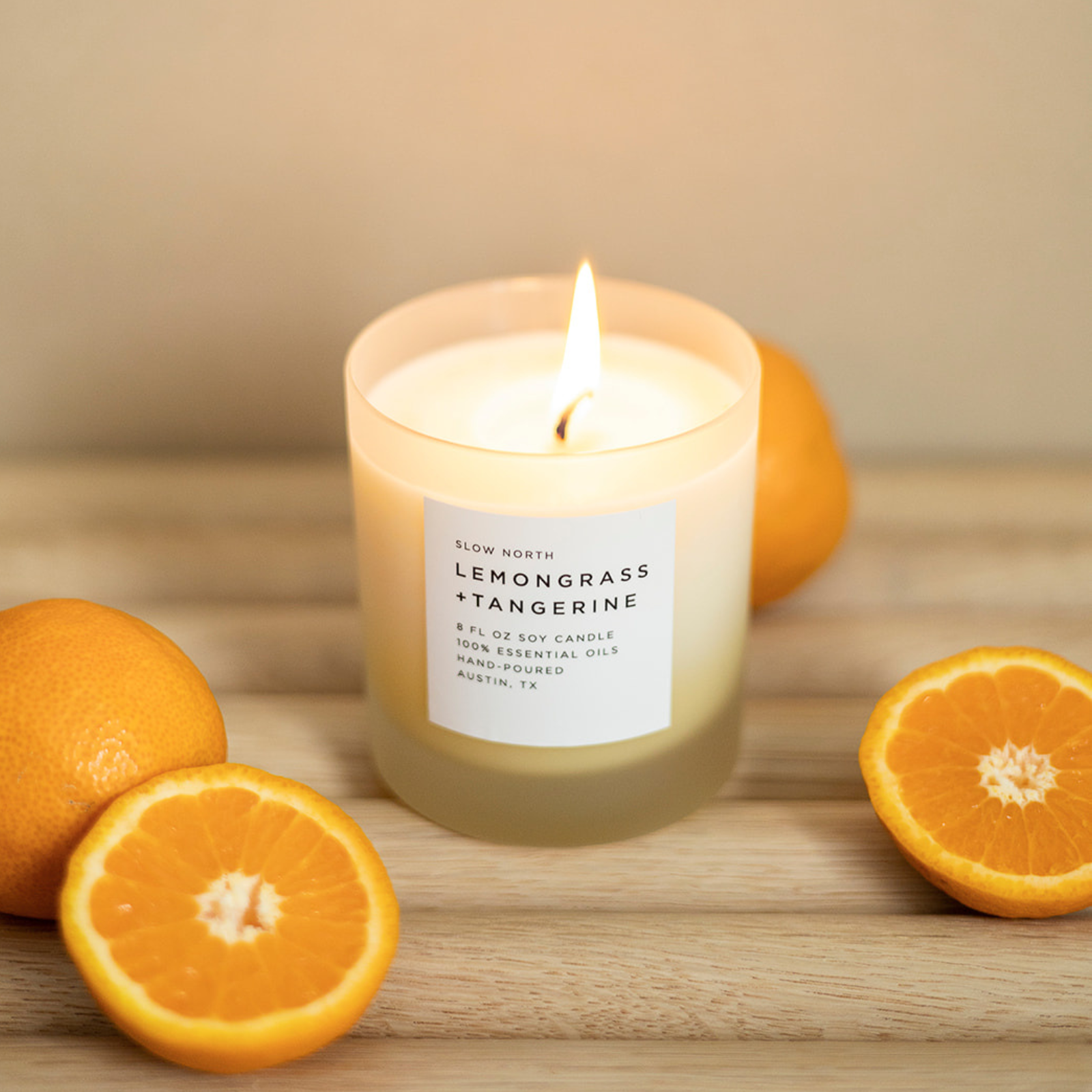As a company devoted to natural wellness both in and outside of the home, we would be remiss not to put a spotlight on the work of Black herbalists making waves in their respective communities. Many of our products are grounded in principles of herbalism, the study of medicinal plants for therapeutic use. But herbalism’s roots are deeply interwoven within the Black community, and the history of this practice dates back centuries — most of which has been glossed over in contemporary Western herbalist dialogues.
In North America, herbalism has been practiced by Indigenous communities for generations. When enslaved Africans were forced to the continent, they, too, brought their own herbalist traditions to serve as a beacon of hope and means for survival. With help from Indigenous tribes, enslaved Black Americans learned about the land’s medicinal plants and leveraged their power for physical, mental, and spiritual healing.
 Photo courtesy of the Library of Congress
Photo courtesy of the Library of Congress
These herbalist practices were swiftly denounced, stigmatized, and outlawed by white establishments. White slave owners feared the power of herbalist practices and sought to quickly squash them out. In some Southern states, it became a capital offense for enslaved people to teach and learn herbalism. But the herbalist traditions persevered, and today, Black herbalists across the country are reclaiming the power of their ancestral practice to bring collective healing to their communities.
In honor of their work, we’d like to shed light on some of them.
 Photo by Gabriella Angotti-Jones / Los Angeles Times + Spooky.World
Photo by Gabriella Angotti-Jones / Los Angeles Times + Spooky.World
Jamesa Hawthorne is a nonbinary Black herbalist based in Los Angeles, CA. Their online apothecary, Jam Haw Herbals, serves as a center for collective healing through herbalist tradition. Jamesa told the Los Angeles Times in 2020 that their work became of particular need during the summer of that year amid the killings of George Floyd and Breonna Taylor. After collecting responses from Black people nationwide about their grief, stress, and rage, Jamesa sent free herbal packages to help them cope with their trauma. The packages were herbal creations bespoke to 2020, complete with antiviral elderberry and stress-relieving reishi.
2. Meghan Elizabeth | Five Flavors Herbs
As the Operations Director of Five Flavors Herbs in Oakland, CA, Meghan Elizabeth’s herbalist expertise runs deep. After years of involvement in different herbalist communities in Oakland, Meghan created Oakland’s first introduction to herbalism course designed exclusively for Black students in the summer of 2017. She told Five Flavor’s Ingrid Bauer in a 2021 article:
“I was seeing so many Black people hungry for education on plant medicine—so many people who, like me, couldn’t find safety or resonance or representation in a class in the Bay Area, but still wanted to learn about these topics in a way that centered their identities. I realized that I had to look within myself to find what I and so many others were searching for, and that’s what I did. I spent a year developing a curriculum called ‘Herbal Medicine for Black Power,’ which was first offered in the summer of 2017.”
 Photo courtesy of Five Flavors Herbs
Photo courtesy of Five Flavors Herbs
Sade Musa is an L.A.-based herbalist and educator who started Roots of Resistance to help people of color connect their ancestral healing traditions. As the founder of the ancestral reclamation movement, Sade's work with Roots of Resistance seeks to reclaim the healing practices interrupted by colonization and works to bring attention to health disparities and injustices in the mainstream and alternative health communities. Sade's work includes conducting wellness consultations and facilitating healing spaces, as well as providing educational classes like Herbal Tea Turnup, a Black-centered learning experience which educates people on the African origins and uses of medicinal teas.
 Photo courtesy of Sade Musa
Photo courtesy of Sade Musa
Regina Kankinza is the founder of In Her It Blooms, a holistic care consultancy rooted in many things, including Ayurveda, spiritual herbalism, ancestral practices, yoga therapy, health-supportive cooking, pranayama, meditation, Nubian & Kemetic healing practices, and vibrational therapies.
 Photo courtesy of Regina Kankinza
Photo courtesy of Regina Kankinza
According to her website, Regina helps “womxn learn the language of their bodies so they can be the protagonist in their own healing journeys using plant-medicine, ritual, and reverence. In Her It Blooms is my ode and offering to support the body-mind-spirit complex of the warrior-womxn, the seekers, those determined to live life on purpose, and those who came here to play and have pleasure on behalf of all the womxn before them who were denied that right.”
Brianna Cherniak is an herbalist content creator who shares her expert insights with a community of over 50,000 followers on TikTok alone. She told Refinery29 Unbothered in August 2021: “Everything we know in western herbalism was taken from indigenous and African peoples. Herbalism [has been] brought over to the western world, repackaged, and sold to the masses. This knowledge is ours. Reconnecting with that truth is important.”
 Photo courtesy of Brianna Cherniak
Photo courtesy of Brianna Cherniak
Seeing these amazing herbalists reclaim their ancestral practices and channel them for collective healing is incredibly inspiring.
Cecilia Seiter
Cecilia is a freelance writer and contributor to Slow North. She writes largely about sustainability, especially as it applies to beauty, wellness, and the future of technology. She is a graduate of the journalism department at Cal Poly, San Luis Obispo and is based in Oakland , CA.




